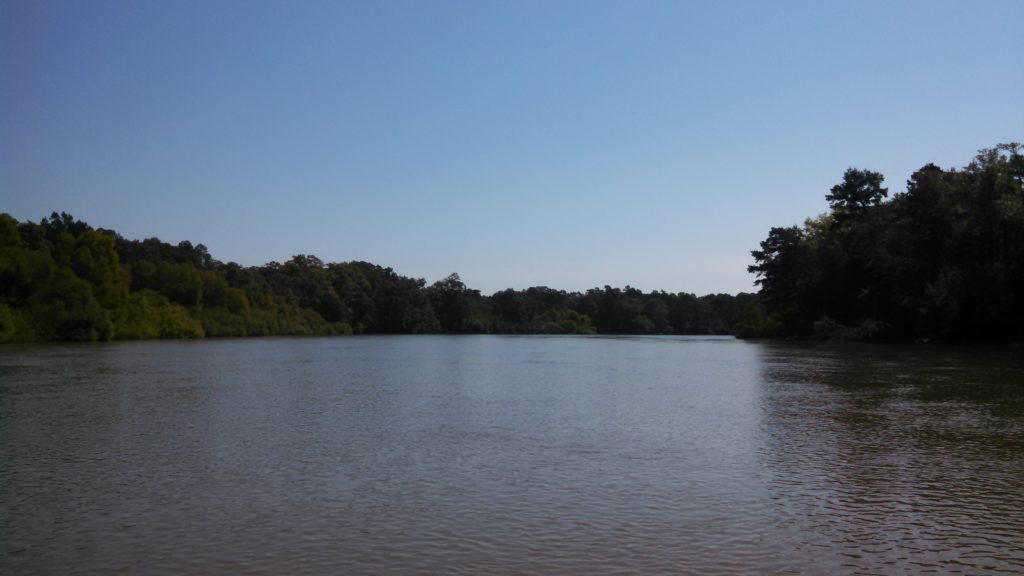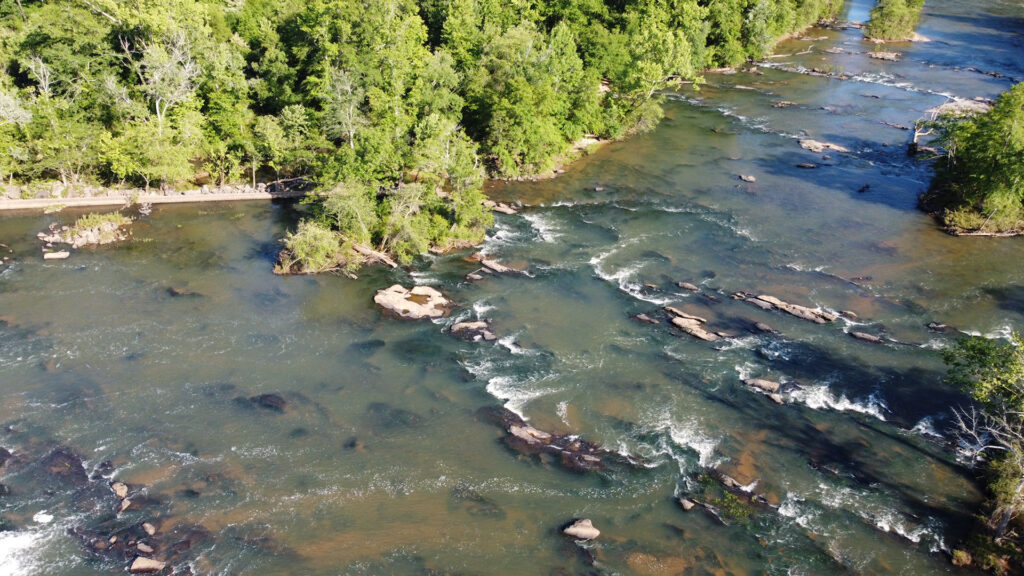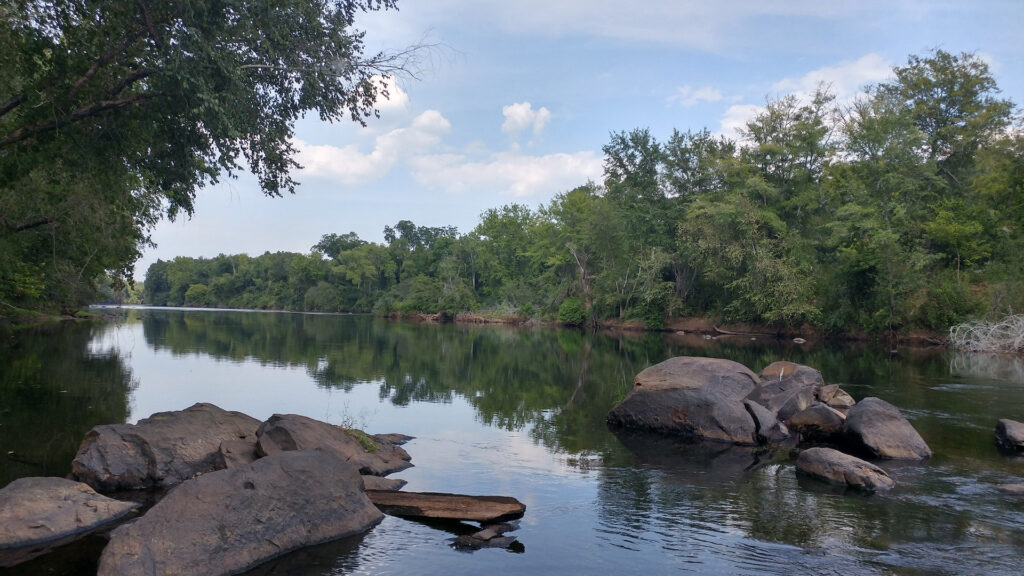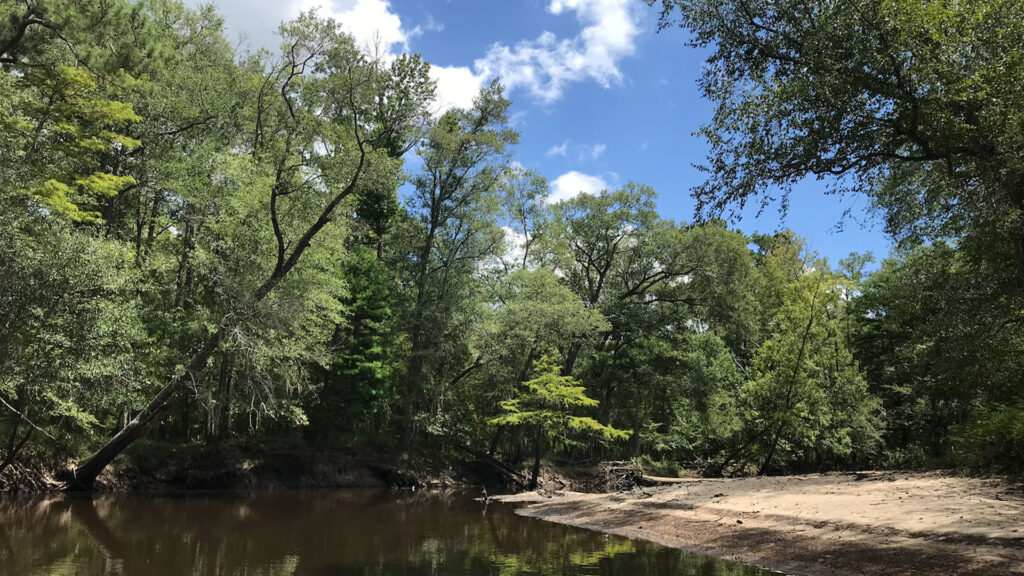Resources
The Clean Water Act Owner’s Manual, 2nd Edition is back from the printer FINALLY!! This straightforward, plain-English guide of the Clean Water Act focuses on public involvement opportunities. It is a valuable resource for anyone involved in any aspect of water work. View The Clean Water Act Owner’s Manual 2nd Edition . River network also has a free online course that can help you navigate the Clean Water Act.
Decision Maker Contact Information
The following links provide information on contacting decision makers and elected officials. Always double check the information as it may be dated after elections and new appointments.
- Georgia County Commissioner contact information
- The Association of County Commissioners of Georgia web site has some contacts as well
- Georgia State Legislators to find out who are your Senators and House representatives & their contact information.
Developing in Wetlands
Energy
- Interfaith Power & Light
- Southern Alliance for Clean Energy issued a major report in 2004, “Code Red Alert: Confronting Nuclear Power in Georgia”. It goes through past & current impacts/histories of nuclear power and related programs in and around Georgia along with some possible nuclear expansion projects on the horizon, including the DOE’s Savannah River Site. You can find it atwww.cleanenergy.org , just go to our ‘nuclear’ section to download. It has maps, charts, etc.
Environmental Education
- Backyard Conservation There are lots of ways to help in your own backyard. It is vital to preserve our planet and its natural resources, like water, soil, plants and wildlife. Many of these activities can be fun, too!
Education Alliance of Georgia - Growing the Outdoor Classroom Movement: Creating an Outdoor Classroom Symposium (pdf)
- Climate Change and Colleges: An introduction on climate change–what it is, what’s causing it, and why you should care. They also teamed up with 3 contributing experts and share how 3 colleges are leading by example. Students who’ve set their career goals on sustainability and the environment can use tips from the guide on how they can start building their resume by getting involved in initiatives on campus or starting their own
- College Affordability Guide (featured as a resource by the Ohio Department of Higher Education, National College Access Network, University of Pennsylvania, and others) regarding their initiative to help environmental science students get the most out of their education and get started in the field.
Environmental Health Resources
Environmental Protection Agency
Erosion & Sedimentation
Georgia Coastal Resources Division
Georgia Department of Natural Resources
- Field Guide for Determining The Presence of State Waters That Require a Buffer
- DNR Board of Natural Resources Contact Information
- Environmental Advisory Council Contact Information
- Fishing & Hunting licenses, WMA permits, and more
Georgia Environmental Protection Division
- New EPD Water Conservation Website
The Georgia Environmental Protection Division (EPD) is pleased to announce the launching of its new water conservation website, www.conservewatergeorgia.net. This website is designed to educate and empower citizens of the state and water managers to conserve our precious water resources. This site includes links to Frequently Asked Questions (FAQ), Water Conservation Requirements, Water Use and Conservation Facts, and Educational Tools. It is our goal to provide you with as much information as possible in support of conserving Georgia’s water resources.
Georgia Statewide Comprehensive Water Management Plan
- For more information on the statewide water planning process, a website has been developed at www.georgiawatercouncil.org
Georgia Soil and Water Conservation Commission
- Urban Erosion and Sediment Control
- Agricultural Conservation Programs
- Watershed and Water Resources Conservation Program
Georgia Land Conservation
- The Georgia Land Conservation Program is an opportunity to protect land and water resources in your watersheds.
- Athens Land Trust Conserving, empowering and sustaining communities through responsible and visionary land use
- St. Simons Land Trust
- Georgia Land Trust
- Ocmulgee Land Trust
Legal
- GreenLaw Giving Georgia’s Environment its Day in Court
- Southern Environmental Law Center Protecting the South’s Environment through the Power of Law
- Stack & Associates Environmental and Land Use Law
Mercury
Nuclear
- Plant Hatch Altamaha River
- United States Nuclear Regulatory Committee
Pollution/Wastewater permits
- Online NPDES permits at EPA (not complete, but contains many permits.)
www.epa.gov/npdes/permitsearch
Protect Georgia Protect Georgia, formerly known as the Georgia Environmental Action Network (GEAN), is a group of citizens willing to take a stand for Georgia’s environment. Led by a coalition of partner organizations, Protect Georgia alerts its members as critical issues arise. With the click of a button, individuals let their elected officials know what they think.
River trails
- Altamaha River Canoe Trail River map of access points and services
- Ocmulgee River Water Trail Maps, access points
Satellite Imagery
- USGS “Seamless” siteBoundaries: National Atlas States
Orthoimagery: DOQQ Black and White (this gives me the best
resolution–but check out LANDSAT as well)Just zoom progressively into your area by clicking and dragging red
rectangles onto the map.
Stream Buffer Resources
- Field Guide for Determining The Presence of State Waters That Require a Buffer
- In 1999, Seth Wenger wrote a review of buffer function literature. It is now a bit dated, but it is still useful and can be found at:
http://outreach.ecology.uga.edu/tools/buffers/lit_review.pdf - The River Basin Science and Policy Center website also has other interesting publications available in PDF form including white papers on the value of small streams and the ecological effects of impoundments
- The Center for Watershed Protection in Maryland is a clearinghouse for information on urban water quality management. Some of their products are free, and some must be purchased. Their web site is: http://www.cwp.org/
Stormwater
- Urban Stormwater Solutions prepared by NRDC with over 100 urban case studies.
- Georgia Stormwater Management Manual The Bluebook — 3 volume manual to understanding stormwater
Tides and River Levels
- Salt Water Tide Tables with sunrise & sunset.
- River Levels
United States Geological Survey
- For more information, please visit USGS activities in Georgia.
Weather and Rainfall Data
- The Georgia Automated Environmental Monitoring Network
The Georgia Automated Environmental Monitoring Network was established in 1991 by the College of Agricultural and Environmental Sciences of the University of Georgia. The objective of the AEMN is to collect reliable weather information for agricultural and environmental applications. Each station monitors air temperature, relative humidity, rainfall, solar radiation, wind speed, wind direction, soil temperature at 2, 4, and 8 inch depths, atmospheric pressure, and soil moisture every 1 second. Data are summarized at 15 minute intervals and at midnight a daily summary is calculated. A microcomputer at the Georgia Experiment Station initiates telephone calls to each station periodically and downloads the recorded data. The data are processed immediately and disseminated via the world wide web (Georgiaweather.net). Click on a site at this link to obtain local weather and related information. - Underground Weather
The Weather Underground provides links to weather data and other useful information. - Vessel registration Georgia boat registration
There are so many ways that you can help keep our rivers clean and beautiful. Responding to Action Alerts or reaching out to your elected representatives. Find your way to get involved!





